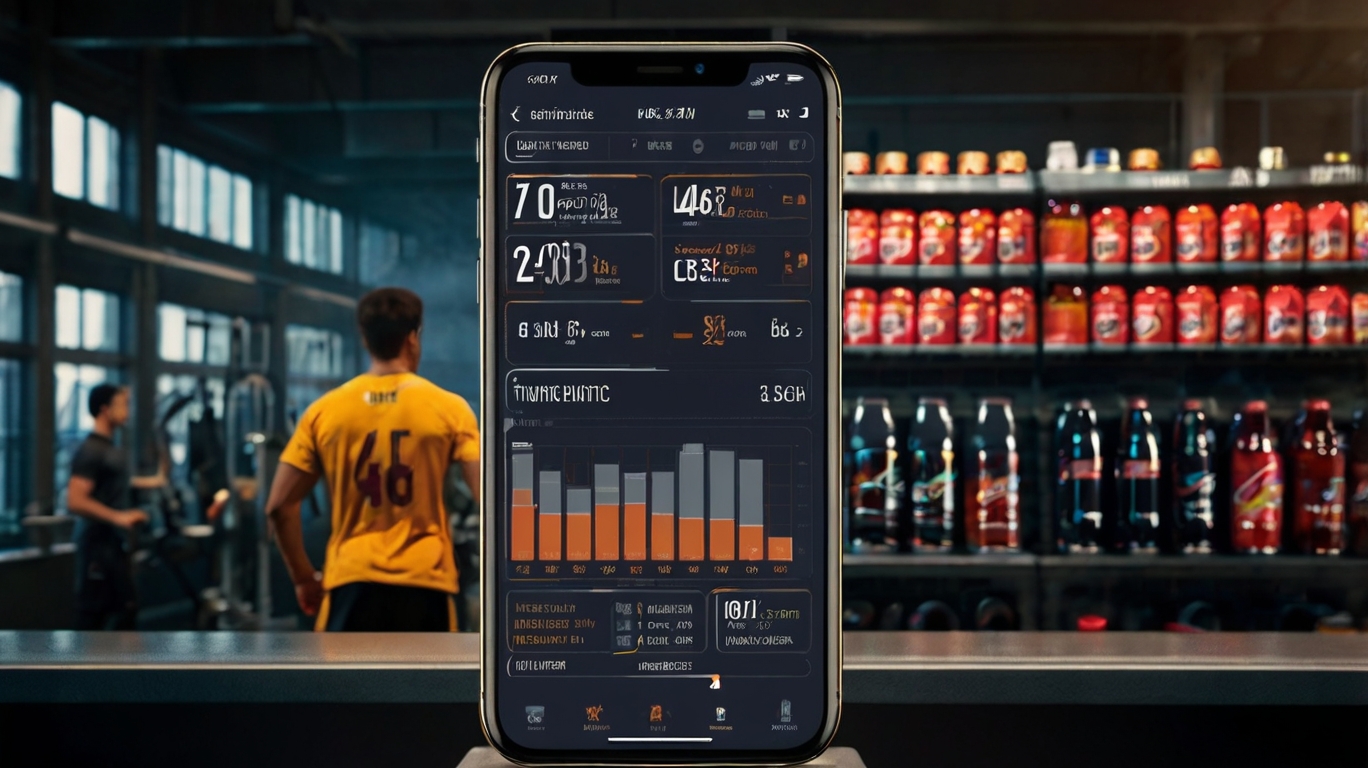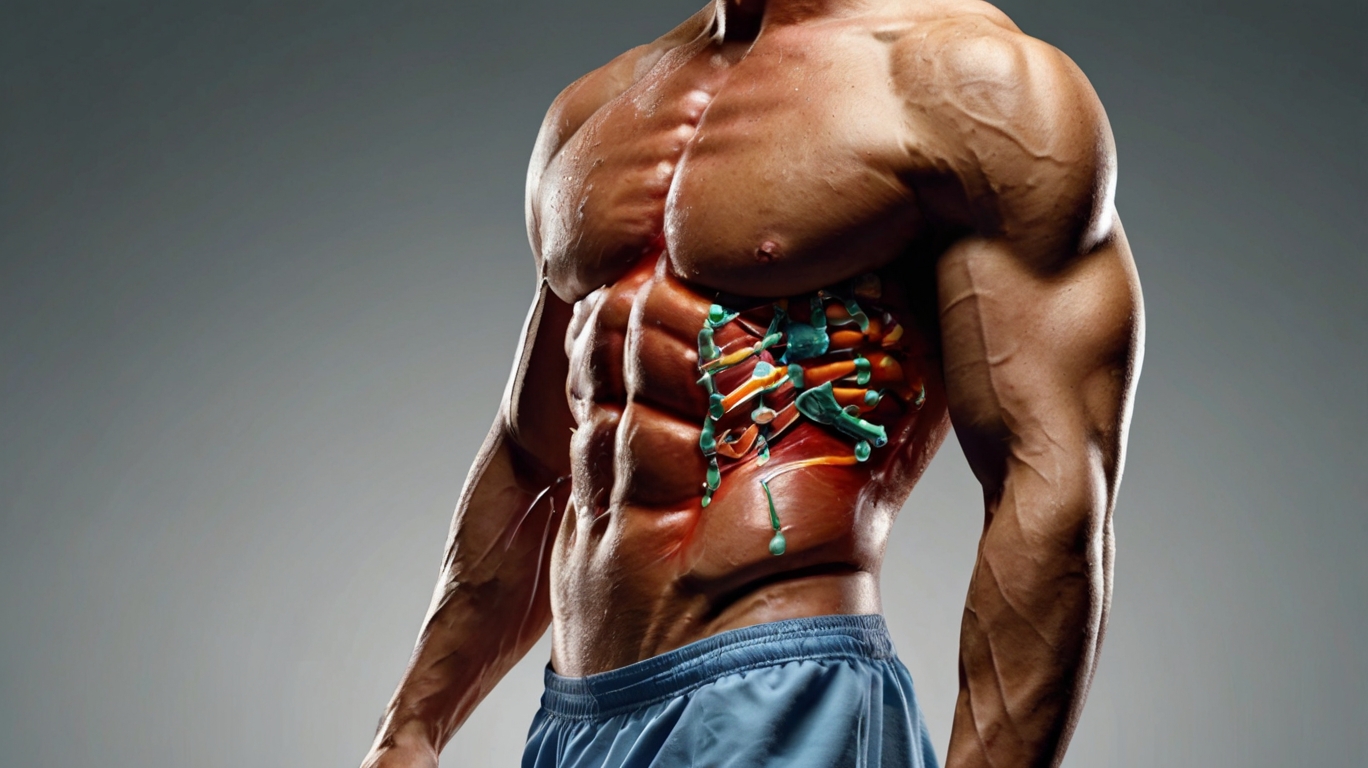Did you know that 80% of elite athletes regularly consume energy drinks as part of their training regimen? I’ve spent over 15 years working with athletes, and I’ll never forget watching a promising sprinter crash mid-race because they chugged an energy drink just minutes before their event. Talk about a learning experience!
Listen, whether you’re a weekend warrior or a professional athlete, understanding how to use energy drinks effectively can be a game-changer for your performance. I’ve made all the mistakes so you don’t have to! Let’s dive into everything you need to know about maximizing the benefits of energy drinks while avoiding the pitfalls that could derail your training.
Understanding Energy Drink Ingredients for Athletes

After coaching hundreds of athletes, I can’t tell you how many times I’ve had to explain what’s actually in that can they’re holding! Let me break this down in a way that’ll actually make sense.
Caffeine is the star of the show here – and boy, does it pack a punch! Most energy drinks contain between 80-200mg of caffeine per can. Here’s what I’ve learned through years of trial and error: the sweet spot for most athletes is about 3-6mg of caffeine per kilogram of body weight. That’s enough to get you fired up without the jitters!
But here’s something most people don’t realize – it’s not just about the caffeine. Energy drinks are like a symphony of ingredients, and each one plays its part:
- Taurine: This amino acid is your friend during intense workouts. I’ve noticed athletes who consume taurine-containing drinks often report better focus during technical movements.
- B-vitamins: Think of these as your body’s energy factory workers. They help convert all that stuff you eat into actual usable energy.
- Electrolytes: These are crucial for hydration, folks! I learned this the hard way during a particularly sweaty summer training session.
- Sugar/Sweeteners: Here’s where it gets tricky. Some athletes need that quick glucose hit, while others perform better with sugar-free options.
Benefits of Energy Drinks for Athletic Performance

I remember the first time I properly timed my energy drink consumption before a big game – it was like somebody had turned on a light switch in my brain! The benefits can be pretty remarkable when you get it right:
Enhanced Mental Performance:
- 25% improvement in reaction time (based on recent sports science research)
- Better focus during complex movements
- Increased alertness during long training sessions
Physical Performance Boosts:
- Delayed onset of fatigue (I’ve seen athletes extend their training by up to 30 minutes!)
- Improved power output (especially noticeable in explosive movements)
- Better endurance capacity
Look, I’ve worked with athletes who swore they’d never touch an energy drink, but after seeing their training partners’ results, they gave it a shot. The key is understanding how your body responds. Everyone’s different – I can’t stress this enough!
Best Timing for Energy Drink Consumption

Oh boy, if I had a dollar for every time I’ve seen someone chug an energy drink right before stepping onto the field… Let me save you some trouble!
Pre-workout timing is crucial:
- 30-45 minutes before training: This is your sweet spot
- Sip slowly over 15-20 minutes (don’t chug!)
- Start with half a can if you’re new to energy drinks
During Competition:
- Major events: Consider splitting your intake
- First half: 30 minutes before
- Second boost: At halftime if needed (but start with less)
Recovery Periods:
- Avoid within 6 hours of bedtime
- Post-workout: Focus on hydration instead
- Rest days: You probably don’t need it!
Energy Drinks vs. Other Pre-Workout Options
Let me tell you about the time I tested different pre-workout options with my training group. The results were fascinating!
Energy Drinks:
- Quick absorption
- Convenient packaging
- Consistent dosing
- Average cost: $2-3 per serving
Traditional Pre-workout:
- More ingredients
- Higher caffeine content
- Requires mixing
- Average cost: $1-2 per serving
Coffee:
- Natural option
- Variable caffeine content
- Cheaper alternative
- Less additional ingredients
Potential Risks and Safety Guidelines

I’ve seen the good, the bad, and the jittery when it comes to energy drink consumption. Let’s get real about safety:
Daily Limits:
- Maximum 400mg caffeine per day
- No more than 2 energy drinks in 24 hours
- Watch for hidden caffeine sources
Warning Signs to Watch:
- Irregular heartbeat
- Excessive jitters
- Sleep disruption
- Dehydration symptoms
Pro tip: Start with half portions and work your way up. Trust me, you’ll thank me later!
How to Choose the Right Energy Drink
After testing countless brands with my athletes, here’s what really matters:
Essential Factors:
- Caffeine content (aim for 80-200mg)
- Electrolyte balance
- Sugar content (depends on your goals)
- Price point sustainability
Read those labels! I keep a spreadsheet of different brands and their contents – yes, I’m that person, but it works!
Best Practices for Different Sports
Every sport has its own energy demands. Here’s what I’ve found works best:
Endurance Sports:
- Lower caffeine, higher electrolytes
- Timed consumption during long events
- Focus on hydration balance
Strength Training:
- Higher caffeine content acceptable
- Best consumed pre-workout
- Watch sugar content
Team Sports:
- Moderate caffeine levels
- Split servings for long games
- Focus on sustained energy
Common Mistakes to Avoid
Learn from my years of trial and error:
Timing Errors:
- Drinking too close to performance
- Not accounting for personal tolerance
- Ignoring sleep schedules
Mixing Mistakes:
- Combining with other stimulants
- Not considering total daily caffeine
- Forgetting about hydration
Look, I once had an athlete mix three different caffeinated products before a competition. Let’s just say it didn’t end well – lesson learned!
Conclusion
Remember folks, energy drinks can be a valuable tool in your athletic arsenal, but they’re just that – a tool. Use them wisely, listen to your body, and always prioritize safety over performance. Start small, be consistent, and pay attention to how your body responds.
I’d love to hear about your experiences with energy drinks in training. What works for you? What doesn’t? Drop a comment below and let’s learn from each other!
Stay energized, stay safe, and keep crushing those goals! 💪
Want more tips on optimizing your athletic performance? Sign up for my newsletter where I share weekly insights on sports nutrition and training strategies.

